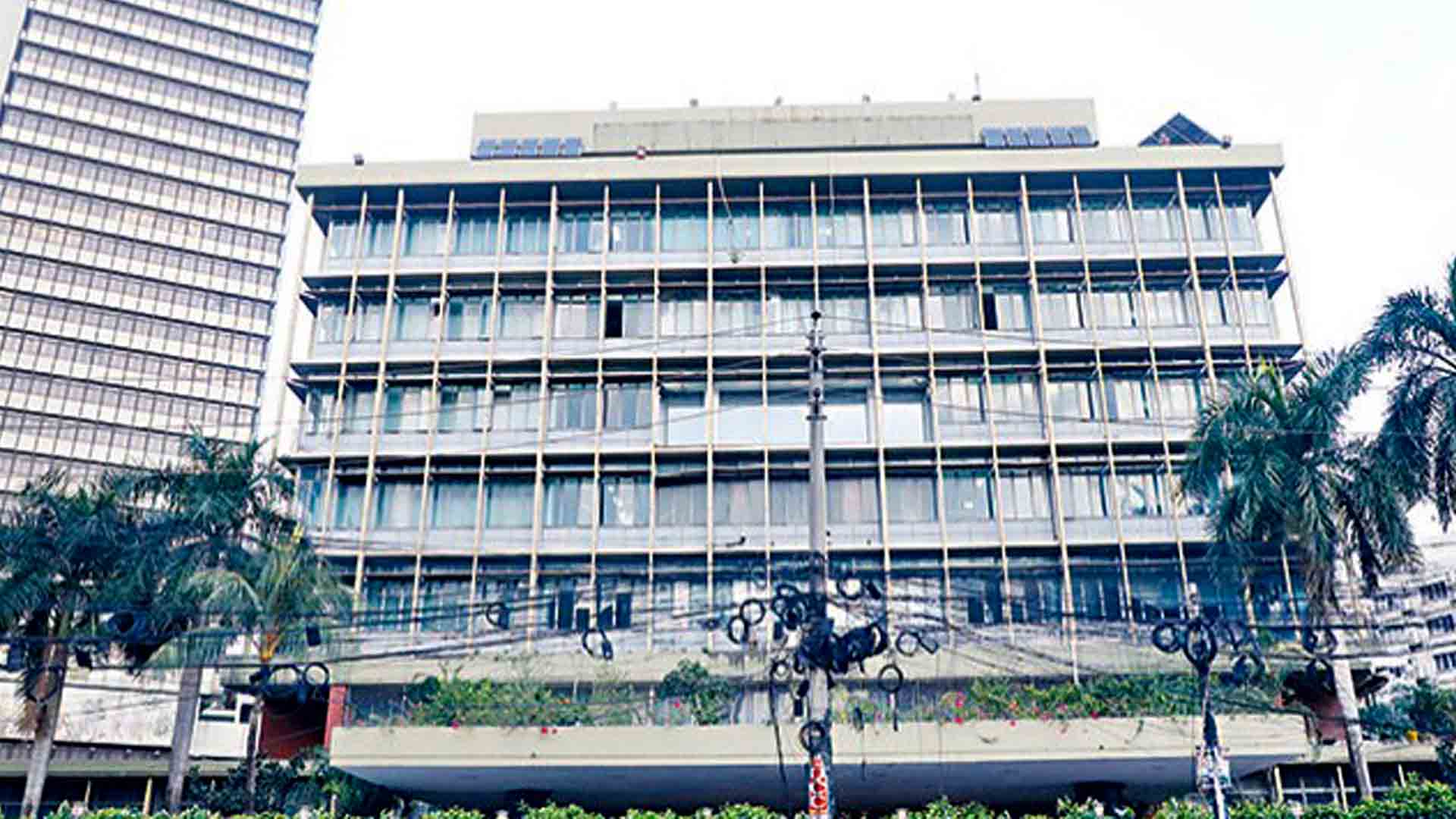

 Dive into the multifaceted realm of Bangladesh's banking sector- An all-encompassing examination
Dive into the multifaceted realm of Bangladesh's banking sector- An all-encompassing examination
The financial sector in Bangladesh boasts a diverse array of institutions catering to various needs and objectives, each playing a crucial role in the country’s economic development. At the heart of this sector lies Bangladesh Bank, the central regulatory authority governing the banking landscape. Let’s delve deeper into the different types of banks and financial institutions shaping Bangladesh’s financial ecosystem.
Scheduled Banks:
Under the purview of the Bank Company Act, 1991, amended in 2013, Bangladesh hosts 61 scheduled banks. Among these, six are state-owned commercial banks (SOCBs) and three are specialized banks (SDBs), primarily focusing on specific sectors like agriculture and industrial development.
State-Owned Commercial Banks (SOCBs):
The six SOCBs, including Agrani Bank PLC, Bangladesh Development Bank PLC, BASIC Bank PLC, Janata Bank PLC, Rupali Bank PLC, and Sonali Bank PLC, are pivotal entities either fully or significantly owned by the Government of Bangladesh.
Specialized Banks (SDBs):
For targeted development initiatives, three specialized banks operate under government ownership: Bangladesh Krishi Bank, Rajshahi Krishi Unnayan Bank, and Probashi Kallyan Bank.
Private Commercial Banks (PCBs):
The private sector dominates Bangladesh’s banking landscape, with 43 PCBs contributing significantly to financial intermediation. These banks are categorized into conventional and Islami Shariah-based PCBs.
Conventional PCBs:
Thirty-three conventional PCBs operate with interest-based operations, facilitating traditional banking services. Notable names include AB Bank PLC, BRAC Bank PLC, and United Commercial Bank PLC.
Islami Shariah-Based PCBs:
Aligned with Islamic principles of finance, ten Islami Shariah-based PCBs operate under profit-loss-sharing (PLS) models, fostering financial inclusion and adherence to ethical standards. Institutions like Islami Bank Bangladesh PLC and Shahjalal Islami Bank PLC are prominent in this domain.
Foreign Commercial Banks (FCBs):
With an increasingly globalized economy, nine FCBs operate in Bangladesh as branches of foreign entities. Institutions like HSBC and Standard Chartered Bank play pivotal roles in facilitating international transactions and financial services.
Non-Scheduled Banks:
While not as extensive as scheduled banks, non-scheduled banks play niche roles in the financial sector, catering to specific functions and objectives. Bangladesh is home to six such banks, including Grameen Bank and Jubilee Bank, each with its unique focus and clientele.
Non-Bank Financial Institutions (NBFIs):
Beyond traditional banking, NBFIs offer diverse financial services, regulated under the Financial Institution Act of 1993. With 34 NBFIs operating in Bangladesh, including both government-owned and private initiatives, these institutions contribute significantly to capital formation and economic growth.
Specialized Financial Institutions:
Lastly, specialized financial institutions like Bangladesh House Building Finance Corporation (BHBFC) and Palli Karma Sahayak Foundation (PKSF) cater to specific sectors, addressing housing finance and poverty alleviation, respectively.
In conclusion, Bangladesh’s banking and financial sector comprise a robust and dynamic ecosystem, characterized by a mix of government-owned entities, private initiatives, and international players. This diversity not only fosters financial stability but also promotes inclusive growth and development across various sectors of the economy. As Bangladesh continues its journey towards becoming a middle-income country, its banking landscape is poised to play an increasingly pivotal role in driving economic prosperity and social welfare.